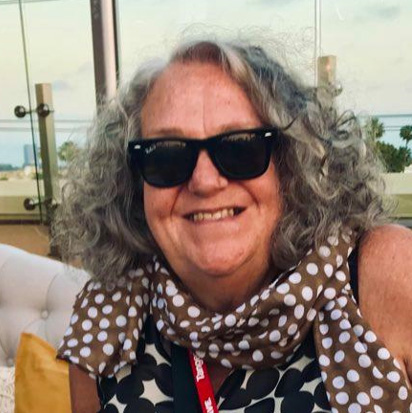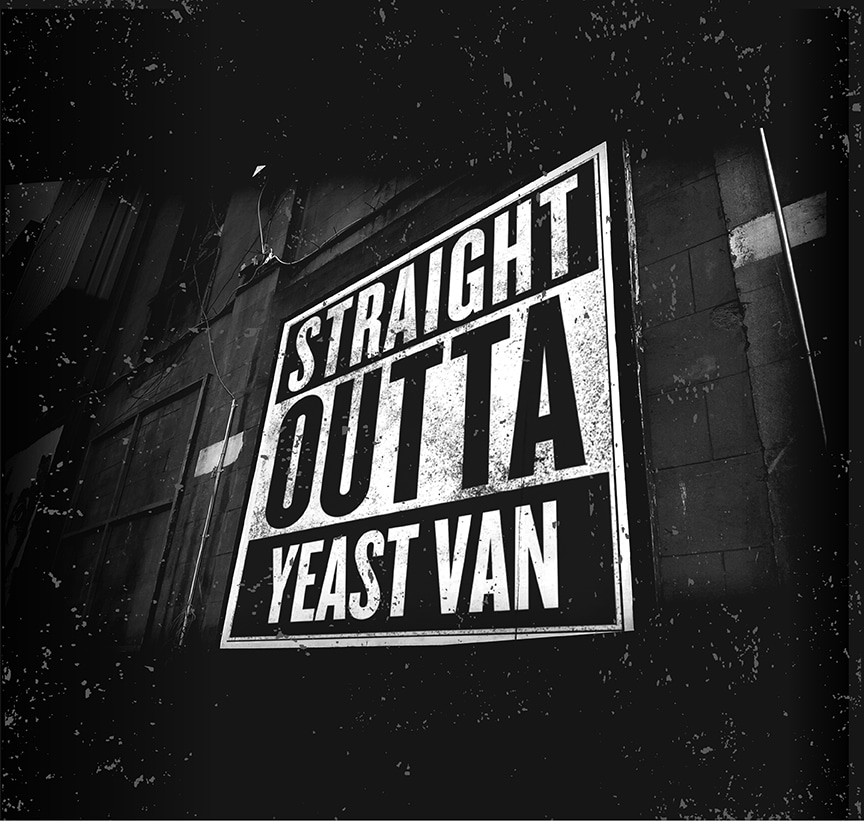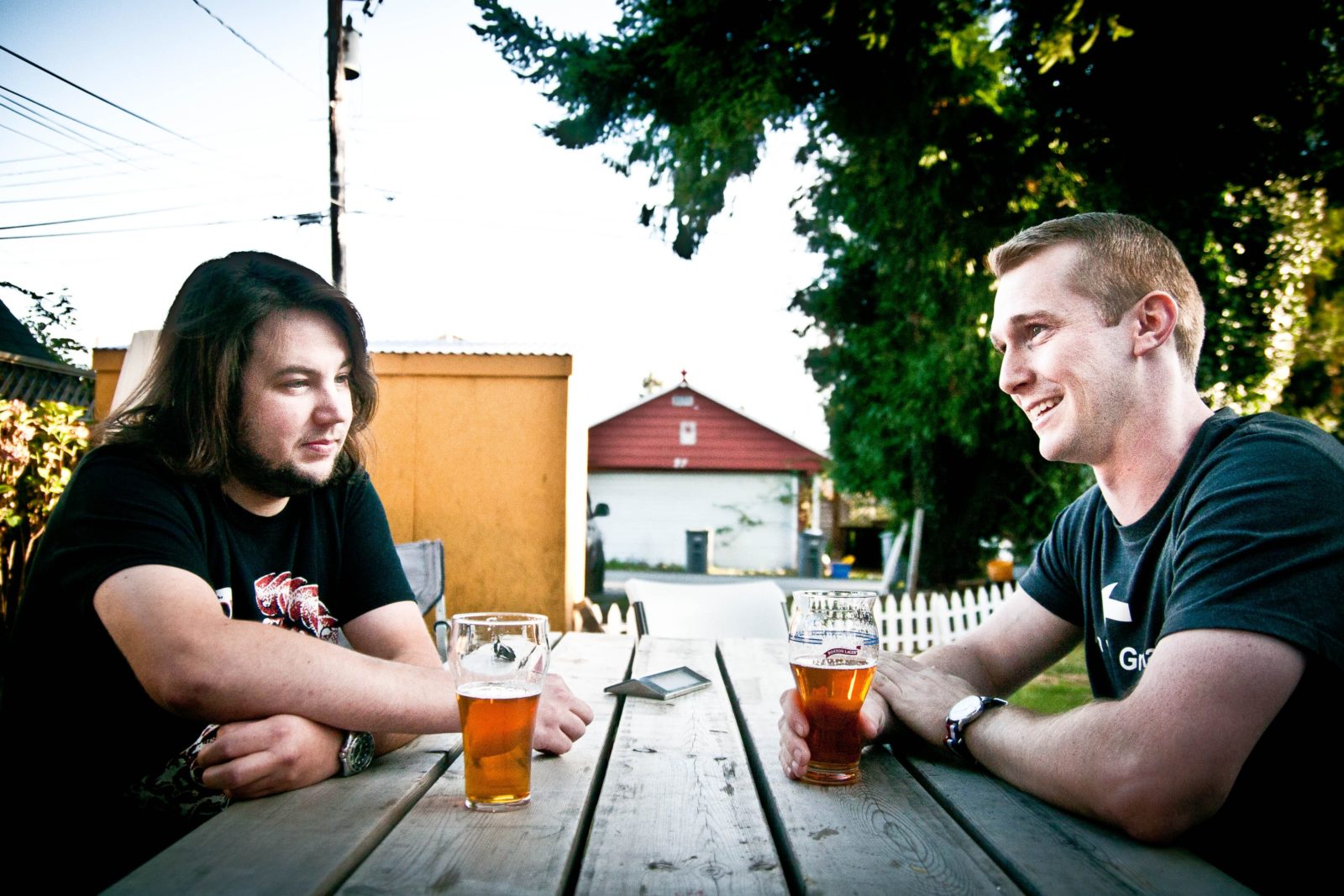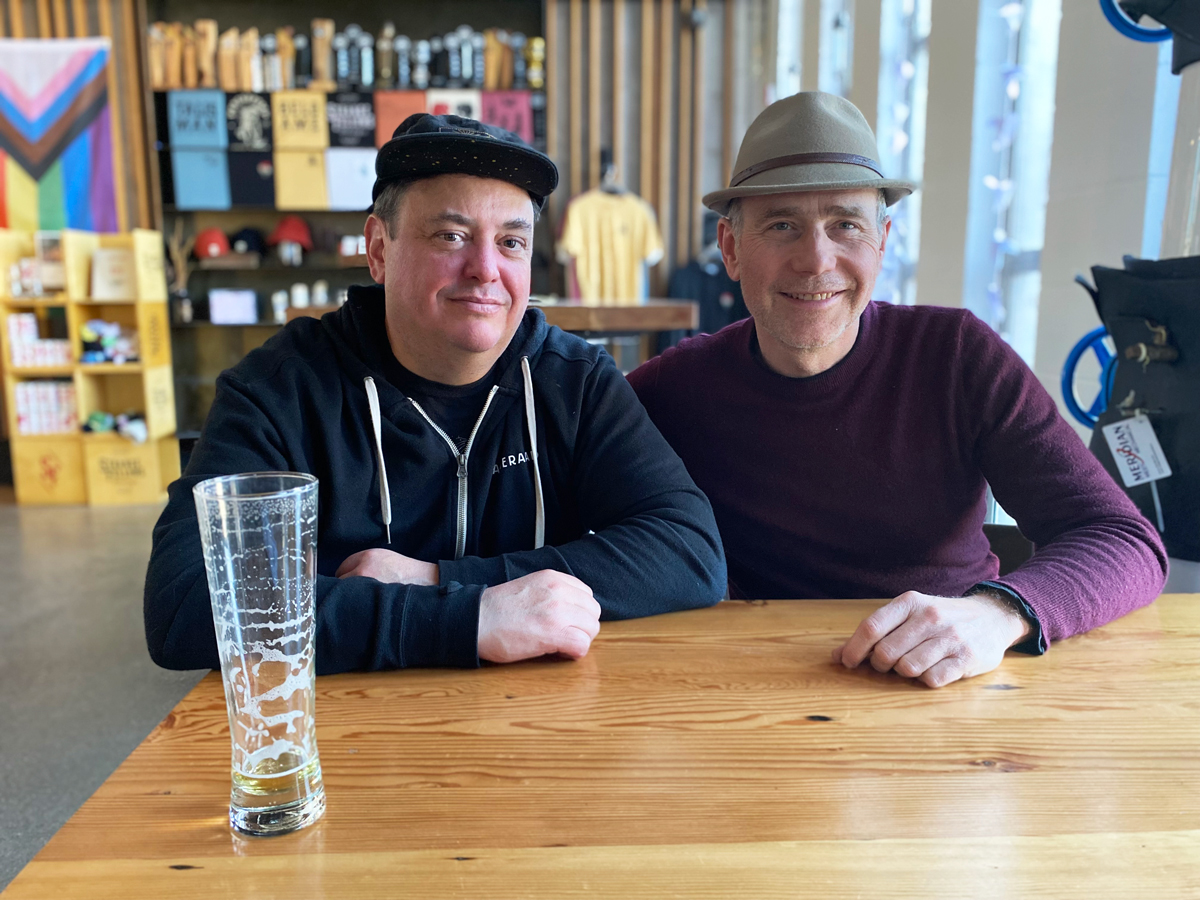
Since launching Burnaby’s Dageraad Brewing in May of 2014, Ben Coli has seen a lot of changes to B.C.’s craft brewing scene. It’s the same for Iain Hill, whose Strange Fellows Brewing in East Vancouver turns 10 this December.
During that time, the craft-beer industry across the province also experienced exponential growth. By 2022, the number of craft breweries in B.C. had reached almost 250, but ever-increasing rents and property taxes, the rising costs of shipping, product and bottling expenses, as well as high rates of inflation and interest rates—which mean less disposable income for customers to spend on beer—is having a reverse effect.
Throw in the Covid loan repayment program and many brewers are feeling the pinch. Federal loans of up to $60,000 became available to businesses and non-profit organizations during Covid-19 to help them survive. Payment on those loans became due this past month, January, 2024.
The Growler sat down with Coli and Hill to discuss some of those highs and lows of the past decade.
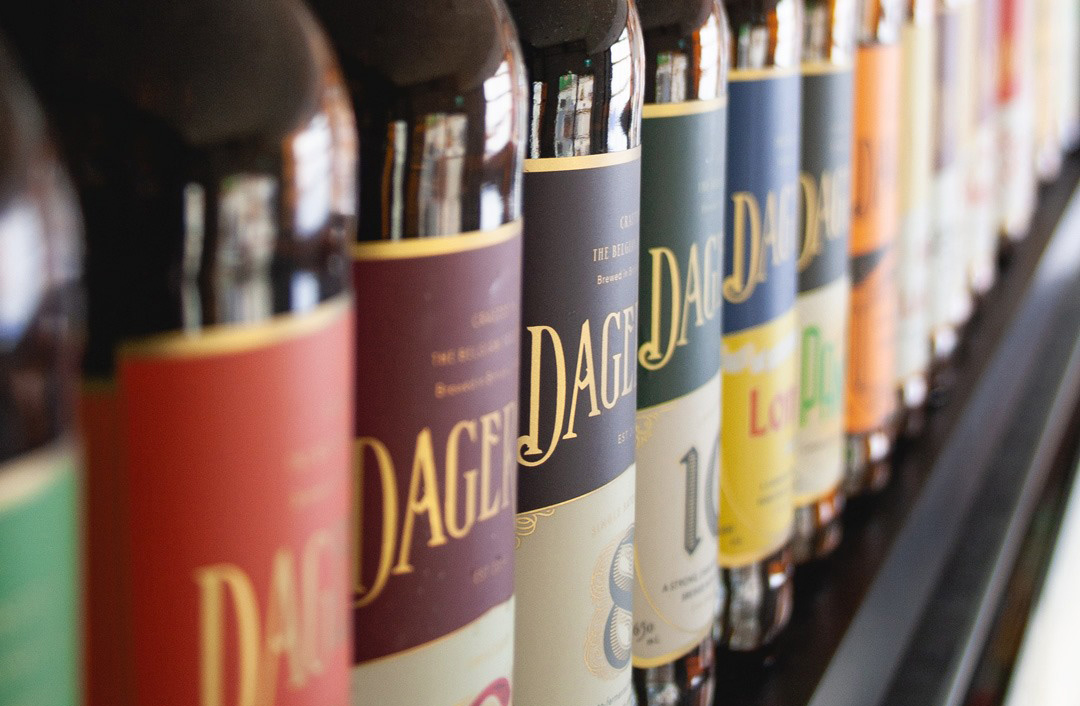
The Growler: Before we get into the state of the industry today, can you offers some personal highs from the past decade?
Ben Coli: You know, drinking that that first beer we brewed professionally and having it actually be good. The first time out of the gates and it just being really good beer, being able to pour beer for the public the first-time, seeing people drinking my beer and reacting to it. And then you know, the validation of winning awards was really important to me at first.
Iain Hill: I mean, you guys won best brewery in Canada.
Ben Coli: We won brewery of the year in 2018 [at the Canadian Brewing Awards]. Yeah, that was a pretty good high… We had won three gold medals and we were waiting for them to announce brewery of the year and, actually, I just had kids, twins, that are the seven now, but at the time, they were like 15 months old, and I was at home and they were crawling on me while I was watching the webcast of the awards and then it was announced. That was pretty cool.
My partner Mitch Warner was there to receive the award, but I was at home with the kids. And yeah, I just couldn’t believe we won that. That’s cool.
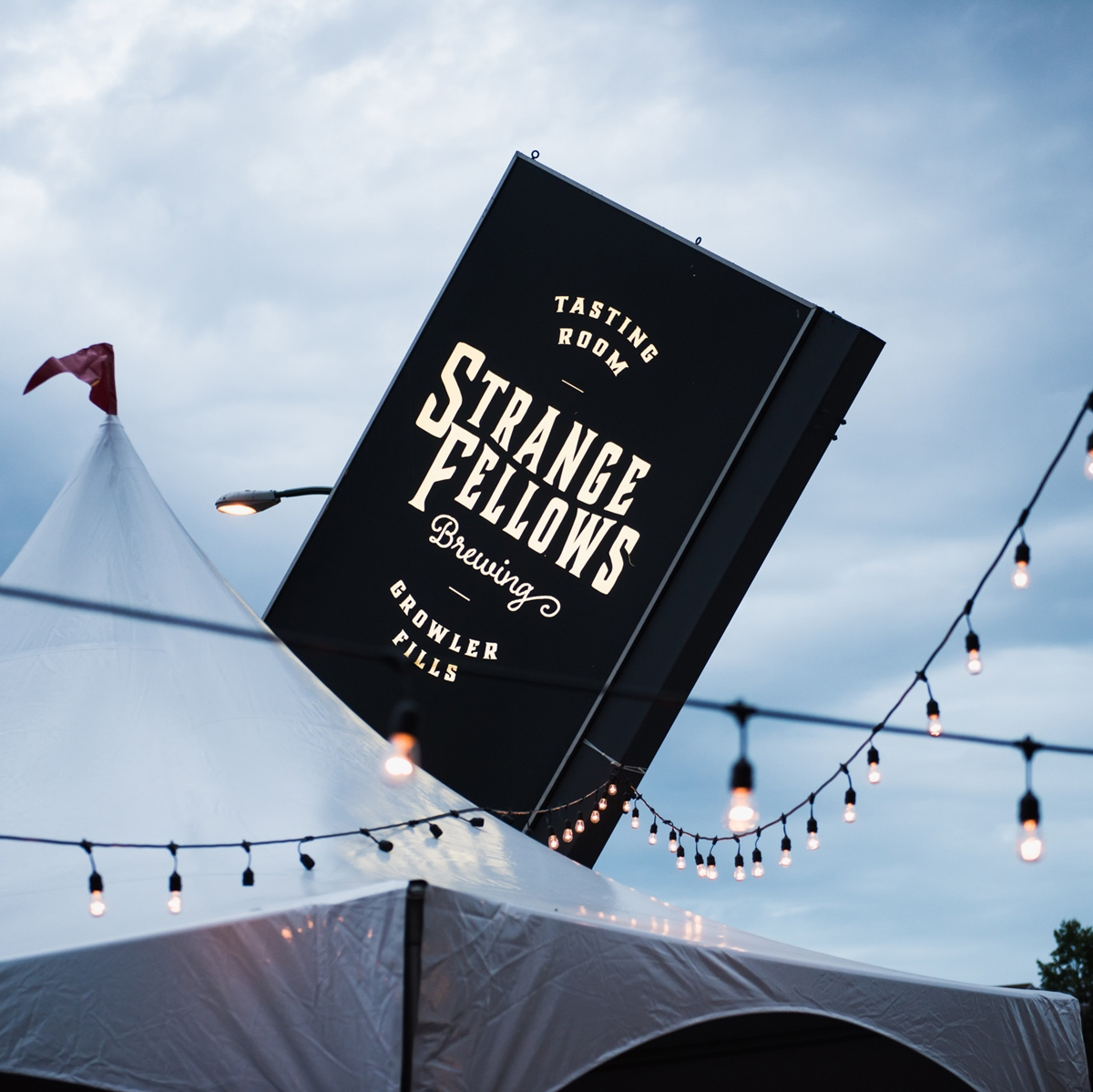
Iain Hill: Everything Ben mentioned is true, you know the first time when you put out your first beer. And those things are all obvious and true, I guess. It sounds kind of funny, but the thing I think about sometimes is after we opened, walking home, walking up the road at night and looking back and seeing our big sign—it’s illuminated and it’s a huge thing. Because, I always wanted to have my own brewery. So just going up the road and looking back at the illuminated sign. I still walk up the road and look over my shoulder and I’m like, ‘Oh, yeah, that’s cool,’ but you know it’s gotten harder.
Another highlight is when this tasting room was first open and when it’s really busy, really packed, and people are having a good time and just kind of understanding that, you know, I’ve kind of done that. That’s a nice feeling too.
The Growler: There’s been a lot of news recently about breweries across B.C. closing because everything is becoming more expensive.
Iain Hill: Yeah, everything we do is becoming more expensive. So, top of the list would be rent, right? Rent is a monster—and property taxes. We don’t own the building, we rent and so as a renter part of your triple net, as it’s called, is the property tax you pay to the city. So, when we started, it was not much more than $30,000 a year and now it’s just a couple of hundred dollars away from $100,000. Every single thing has become really, really expensive, and then it’s also more competitive. You might think that’s really significant, but it’s lower on the list. People are also becoming more health conscious and I can appreciate that, and then there’s the economy.
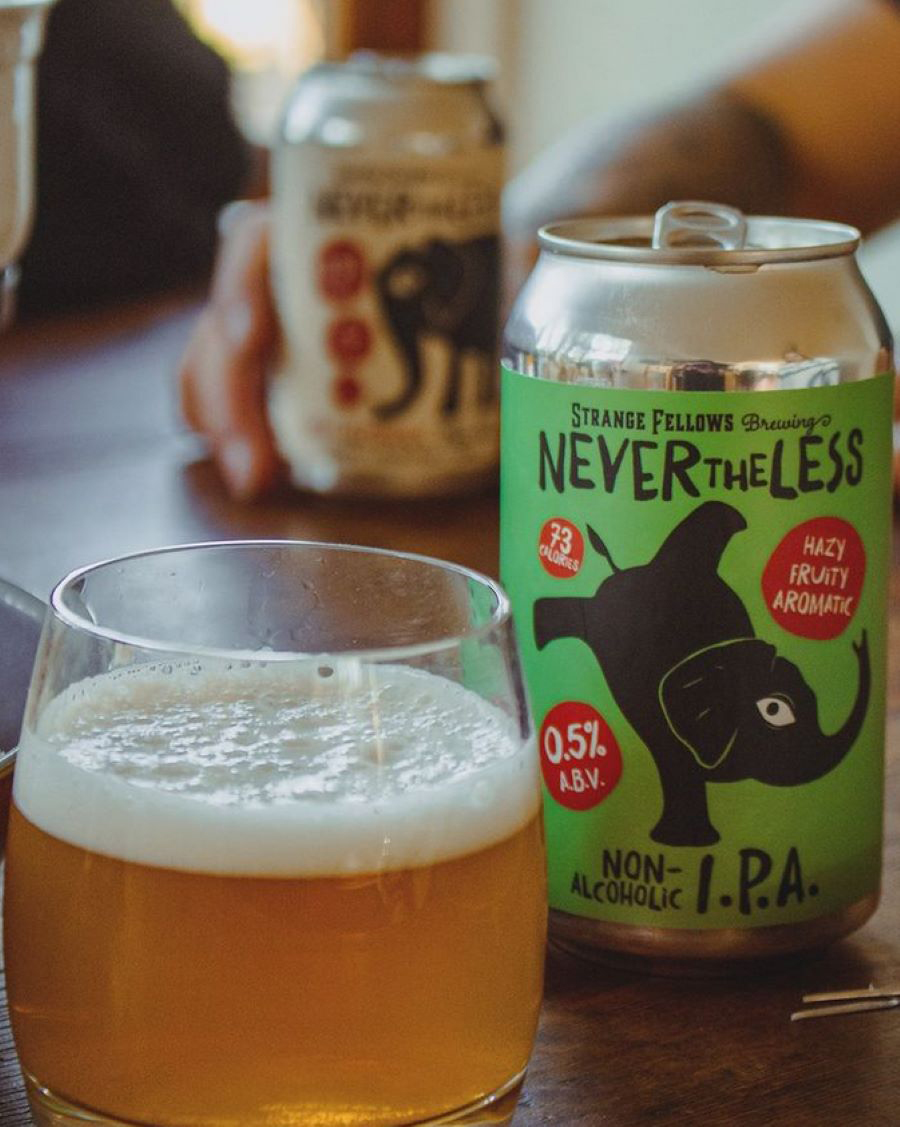
Ben Coli: Yeah, for sure. I mean, it’s a combination of a lot of different factors right now. First of all, inflation hit us in terms of input costs. Wages are going up, minimum wage has been increasing and everybody else’s wages have to increase at the same time because our employees are facing inflation as well. And at the same time, it’s been hard to increase our prices in the competitive environment. You know, interest rates going up has really affected a lot of breweries too, because, everybody’s got debt and that’s really affecting people who have mortgages. It’s often said that beer is supposed to be recession proof. Well, cheap beer is recession proof and people can always buy cheaper beer than ours. And, when you can barely afford the necessities of life, I can’t blame people for skimping on beer. So yeah, it’s been a challenging year, I’d say maybe a little bit more than a year.
The Growler: Let’s talk about the future. Any optimism there?
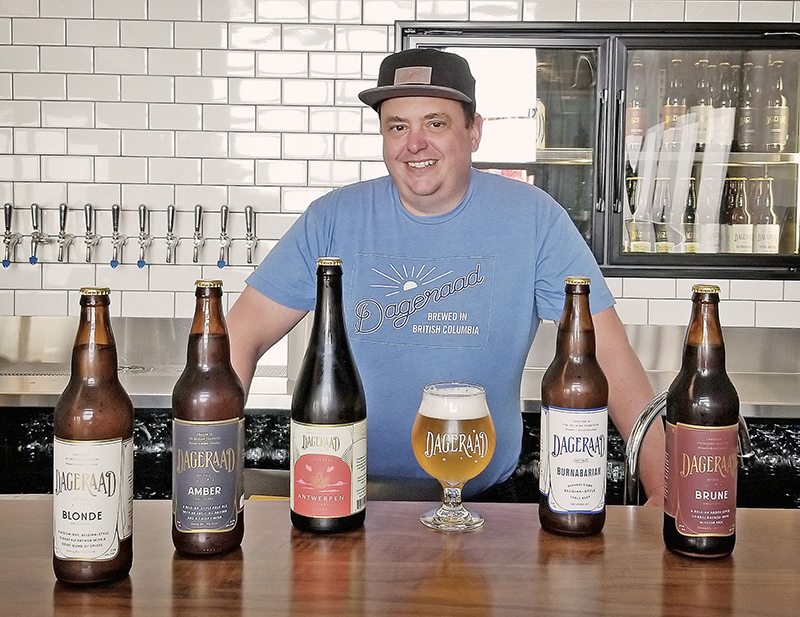
Ben Coli: I’m more optimistic that things are gonna gradually improve this year. I think we’ve hit peak interest rates and the inflation rate is getting under control. And, if we’re not in a recession right now, we might as well be. I think we’re going to emerge from that and the economic climate is going to improve a little bit. So that’s my forward-looking outlook.
Iain Hill: I also agree with Ben, it’s bit of a short-term view, but I do think we’re in a recession. And, maybe it’s just wishful thinking, but I do feel like that in regard to our businesses we’re seeing the bottom… But my sense is also that there’s a bunch of factors, like with COVID people drank a lot. And then coming out of COVID, they cut out a lot of drinking. But I think there’s a sort of normalizing effect now. I think people are going to sort of come back to the middle somewhere again. And I think by the time we hit the end of 2024, we’ll probably say, ‘Well, that wasn’t as bad as it could have been.’

